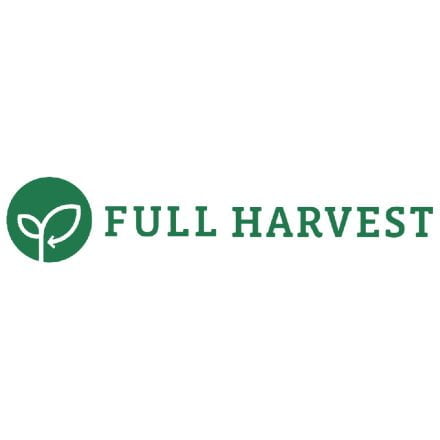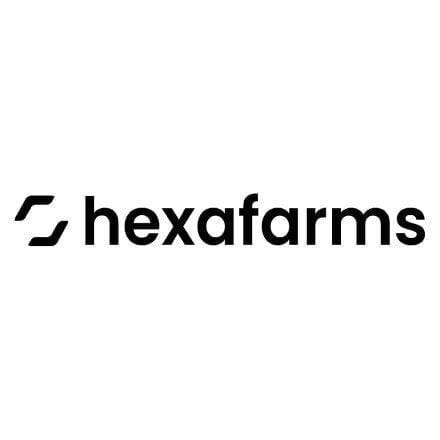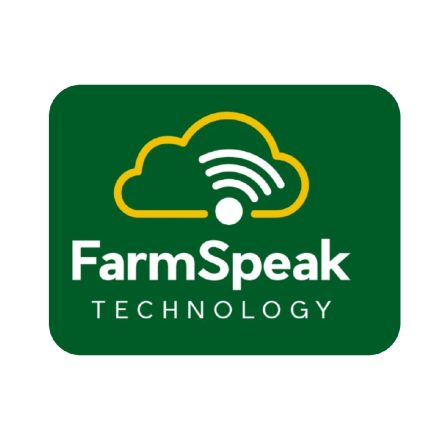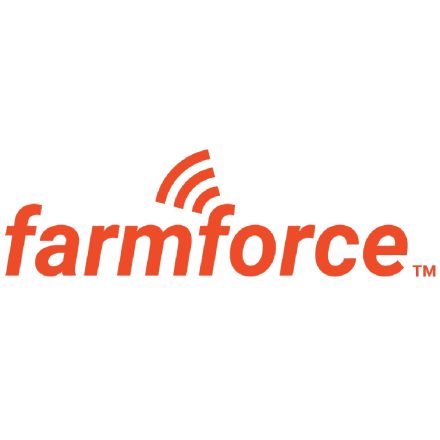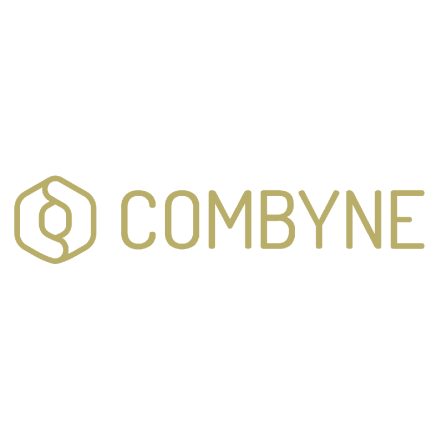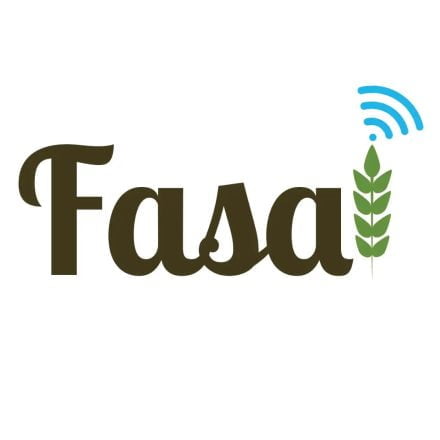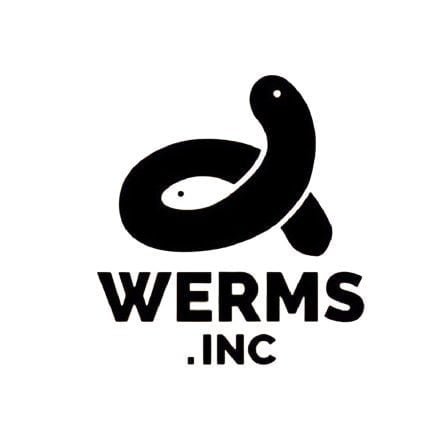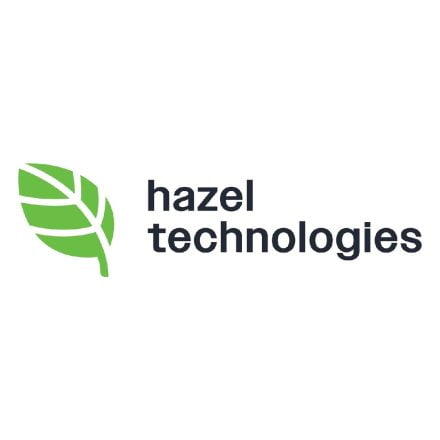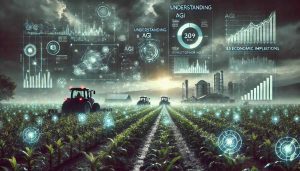Description
Klim’s core mission is to facilitate a transition towards regenerative agricultural practices, focusing on improving soil health, promoting biodiversity, and fostering a sustainable environment for future farming generations. Through a combination of technology, science, and nature, Klim aims to build a more sustainable and resilient agricultural system that benefits farmers, companies, and consumers alike.
Empowering Farmers with Digital Solutions
At the heart of Klim’s initiative is a digital platform designed specifically for farmers. This platform simplifies the documentation and compensation for adopting renewable climate and environmental protection measures. By providing individual support to agricultural enterprises, Klim enables farmers to incorporate regenerative practices into their operations, thus contributing significantly to the reduction of greenhouse gas emissions and enhancement of soil health.
Supporting Companies in Achieving Sustainability Goals
Klim extends its services to companies with agricultural supply chains, offering them the tools to measure and account for Scope 3 emissions. By fostering regenerative supply chains, Klim assists food manufacturers and other industries in reducing their environmental footprint. Companies are also encouraged to invest in regenerative farming practices by purchasing Klim credits, thus directly supporting the transition to more sustainable agricultural methods.
The Role of Carbon Credits and Insetting
Klim’s innovative approach includes the provision of carbon credits, validated by TÜV according to DIN ISO 14064.2. These credits are generated through various regenerative practices such as reduced use of nitrogen fertilizers, minimized pesticides application, and adoption of less intensive tillage methods. Moreover, Klim facilitates the sequestration of carbon in the soil, further enhancing the environmental benefits of regenerative agriculture.
Green Generation Fund: A Catalyst for Change
The Green Generation Fund exemplifies Klim’s commitment to driving forward the regenerative agriculture agenda. By supporting early-stage technologies and offsetting CO₂ emissions through regenerative practices, the fund underscores the pivotal role of innovation in achieving sustainable food production and environmental conservation.
Klim and DKB: A Partnership for the Future
The collaboration between Klim and the Deutsche Kreditbank AG (DKB) demonstrates a shared commitment to promoting regenerative agriculture. This partnership not only provides financial support to farmers engaging in climate protection and biodiversity measures but also showcases the potential for synergies between ecological, economic, and social objectives. By combining resources and expertise, Klim and DKB are paving the way for a more sustainable and productive agricultural sector.
Conclusion: A Vision for Regenerative Agriculture
Klim’s efforts in promoting regenerative agriculture reflect a comprehensive strategy to address the challenges of modern agriculture. By empowering farmers, engaging companies, and leveraging innovative funding mechanisms, Klim is at the forefront of creating a sustainable and resilient agricultural ecosystem. As the movement for regenerative agriculture gains momentum, Klim’s role in shaping the future of farming becomes increasingly significant.
For detailed information on Klim’s services, including the specific technical specifications of their digital platform and the pricing of carbon credits, interested parties are encouraged to directly contact Klim through their website. This direct approach ensures that companies and farmers receive the most up-to-date and relevant information tailored to their specific needs and contexts.
For more insights into Klim’s innovative solutions and their impact on agriculture and the environment, please visit: Klim’s website.





